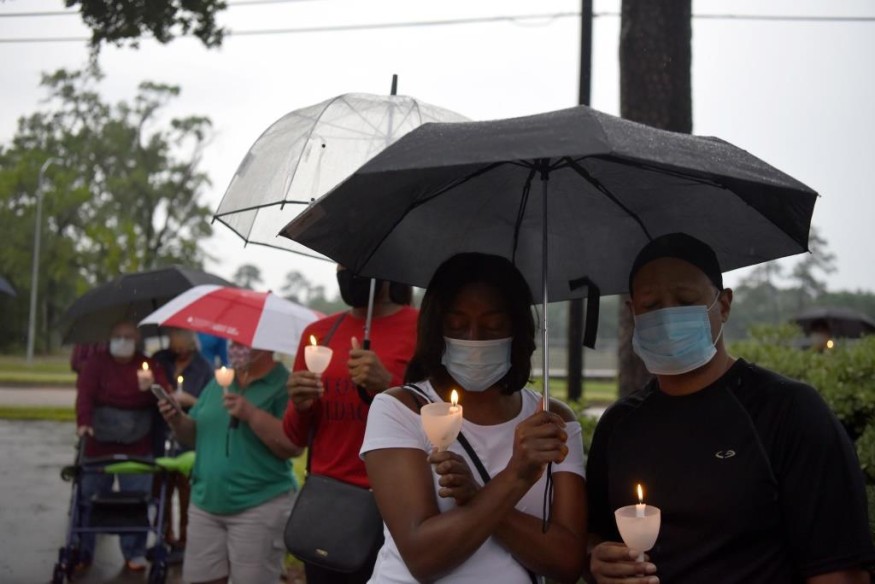Dallas Faces 3rd Day of Protests as Gov. Abbott Declares Disaster across Texas

Dallas recently faced its third straight day of protests over "police killings of black people" one day after almost 90 people got arrested in rallies that extended from Saturday evening until Sunday morning.
Based on reports, the demonstrations simultaneously continued on Sunday, which included an assembly at the Dallas County jail that demanded the protesters' release.
Following the incidents, Texas Gov. Greg Abbott declared on Sunday afternoon, "a state of disaster" for all counties in the state, in response to the ongoing demonstrations.
The governor's declaration gives federal law enforcement permission to function as peace officers in Texas.
This is an initiative, he said, that "will help protect" the safety of people as his administration guarantees that peaceful demonstrators can "continue to make their voices heard."
The Right to Protest
In a written statement, Gov. Abbott said that every Texas citizen, as well as every American "has the right to protest." He also added that he is encouraging all citizens of Texas "to exercise their First Amendment rights."
But the destruction of property and violence against others, the government leader continued, is intolerable, not to mention, counterproductive.
Also, according to Abbott, he had deployed the National Guard members and more state troopers to cities which include Dallas, to support the local police.
Meanwhile, Police Chief U. Renee Hall announced on Sunday that Dallas Mayor Eric Johnson issued a "local disaster proclamation." This would allow the city manager to enforce emergency measures which include curfew.
The curfew went effective from 7 p.m. until 6 a.m. for some parts of the city which include downtown Dallas, Victory Park, the Cedars, Victory Park, Uptown, and Deep Ellum.
Officials of Denton also declared a curfew to last form 9 p.m. to 6 a.m. until June 7. Highland Park and University Park are also set to have a curfew from 7 p.m. through 6 a.m.
Started with Peaceful Protests
Protests last Saturday started at Dallas City Hall peacefully as people across the nation assembled to protest "against police killings of black people which include that of George Floyd's in Minnesota."
In other cities, demonstrations intensified as the day went on, making the authorities deploy tear gas for the crowds to break up.
Then came Sunday night, as the 7 p.m. curfew in Dallas nearly approached, hundreds of demonstrators marched for almost two hours through the streets of downtown Dallas to the Kay Bailey Hutchison Convention Center from Klyde Warren Park.
Earlier on Sunday afternoon, around 20 people assembled outside the Dallas County jail, demanding for the arrested protesters to be released.
Activist and Next Generation Action Network head, Dominque Alexander called the declared curfew of the city unconstitutional. He also specified he would not comply with such a declaration. Alexander continued, saying, they will be "ready for the cuffs and zip ties."
On Sunday morning, authorities said, more than 70 people were arrested the night before and charged with "inciting a riot."
Later in that evening, several more protesters were, arrested, alleged of vandalizing buildings. It is not clear though, what charges the arrested protesters are facing.
In relation to the incident, police chief and the mayor indicated that most of those arrested during the demonstrations were not from Dallas. However, they did not give further details about the residence of those people.
Check these out!
Subscribe to Latin Post!
Sign up for our free newsletter for the Latest coverage!

















